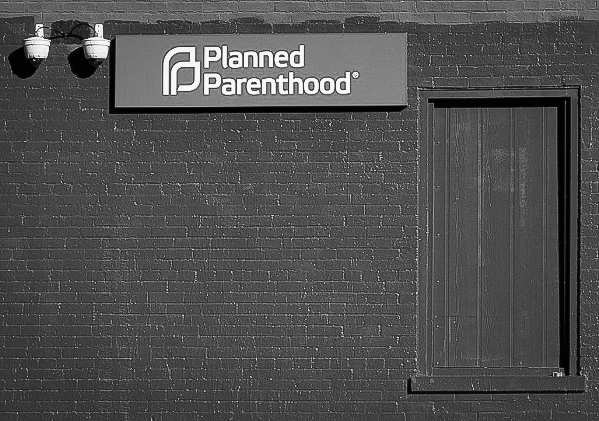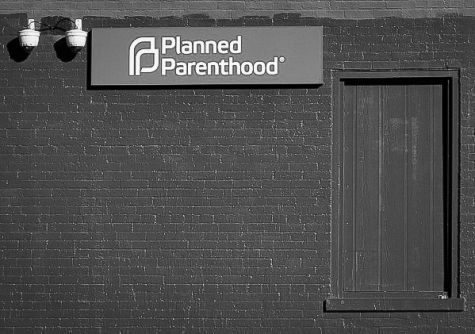Use Protection, Prevent Infections

March 30, 2020

Teens are having sex more than ever, but only a handful of New Jersey high school students get tested for sexually transmitted infections.
Sexual intercourse was once an act only condoned in marriage. As society has evolved, the age of sexually active people has decreased. With more high school students having sex, it is important to understand the dangers that can arise.
Every individual may define losing their virginity differently, but it is usually defined by sexual intercourse. According to bustle.com, the average age that Generation Z (everyone born after the year 2000) loses their virginity is about 16.2 years old. This
age is the youngest of statistics from all generations.
At UACHS, sexual education is taught to the juniors by Christopher Pruden, three years into high school when most students have already had intercourse.
“Maturity helps with understanding the concepts of Sex-Ed but the earlier the information is taught, the better,” said Pruden.
Most teens are not properly informed about the dangers of sexual intercourse and how to prevent STIs (sexually transmitted infections), STDs (sexually transmitted diseases), and pregnancy. Some schools require every student to take a Sex-Ed class, but steer away from actually informing students on what to do. Instead, they force the idea of abstinence.
Many sources believe that New Jersey does not teach sexual education well enough.
According to montclairlocal.news, “Thrive New Jersey, a coalition of health agencies and advocacy groups in the state, gave New Jersey a grade of C, in its recently released report card detailing how sexual health and sexuality are taught in the schools.” They add, “New Jersey, overall, puts too much emphasis on teaching abstinence and not enough on teaching about contraception.”
Schools avoid the fact that teens start to develop sexual urges and are unaware of the dangers that follow. Specifically in New Jersey, STD rates are soaring and teens are not immune to this epidemic. Although sexual education and abstinence is emphasized in New Jersey school curriculums, teens disregard the significance of it all.
Siecus.org focuses on New Jersey teen statistics, stating that “50.4% of female high school students and 31.6% of male high school students in New Jersey reported not using a condom during their last sexual intercourse.”
It is important for teens to understand the lifetime consequences of having unprotected sex, especially at a very young age. Although it can be in the moment, no protection drastically increases the risks of sexually transmitted diseases.
A UACHS student who is sexually active and who has chosen to remain anonymous to protect himself and his partner states that he sometimes does not use protection because he is pressured by his partner.
“I do think the use of condoms is important. If I don’t use a condom, it is because she tells me not to,” he said.
Another student who has also opted to remain anonymous in order to protect her identity and that of her partner, views the use of condoms differently. She believes that condoms are important, but trust affects her decision to use protection.
“I don’t use condoms because I trusted the people I had sexual intercourse with,” she said.
STDs can result in the development of other infections, cancers, miscarriages, lower abdomen pain, arthritis, infertility and in extreme cases, death. STDs are not only a result of unprotected sex, but can result from oral sex as well.
In the state of New Jersey, minors are able to get tested without a guardian’s permission once they are 13 years and older. Even with the dangers of unprotected sex, many teens do not go to clinics to evaluate themselves for infections.
Pruden acknowledges the many possibilities of why students do not go to clinics to get tested.
“Most students don’t know the symptoms, where to go, what to look for, and don’t know how to get tested discreetly,” said Pruden.
The combination of not using protection and not getting checked can have consequences.
According to siecus.org, “89.7% of female high school students and 92.2% of male high school students in New Jersey reported never having been tested for HIV.”
Having unprotected sex has diminishing returns, while it may feel better it brings up the risk of permanent diseases. For people conscious of their health and well being, use contraceptives to prevent STDs.